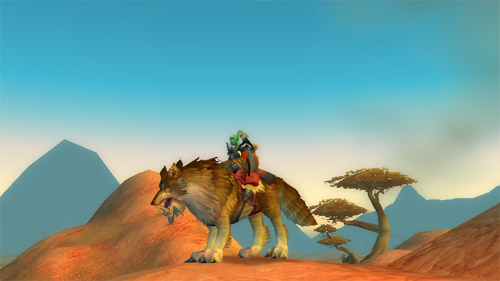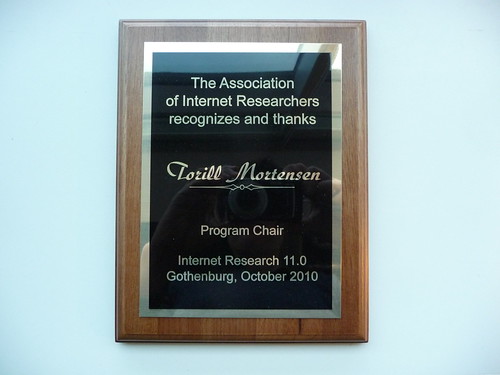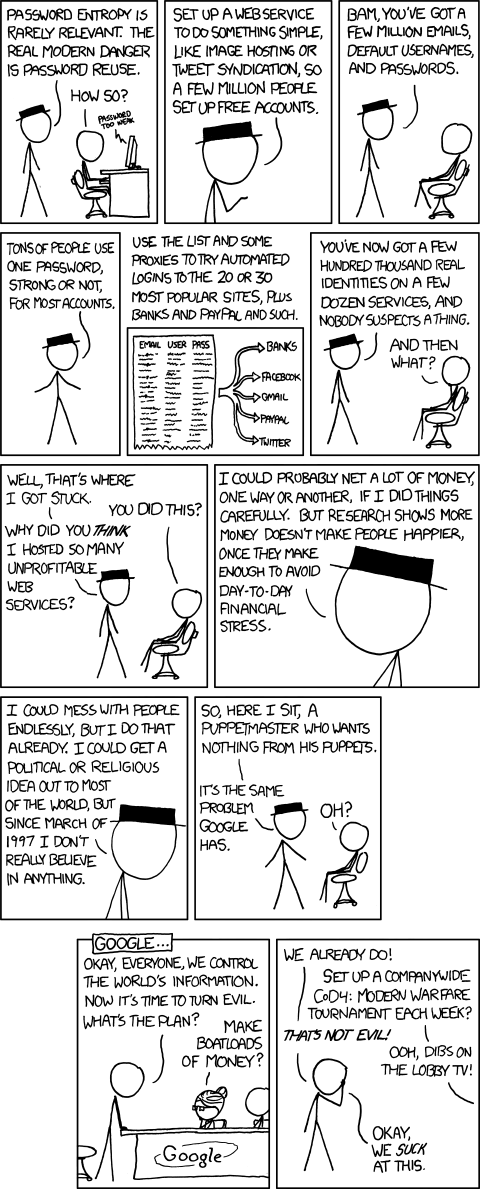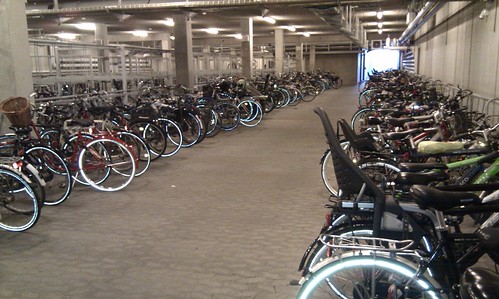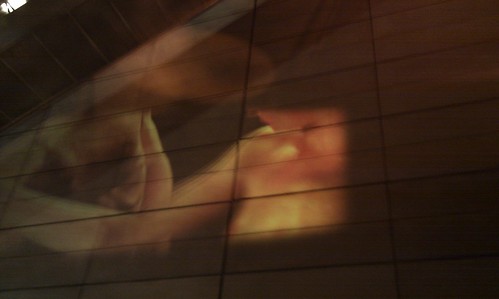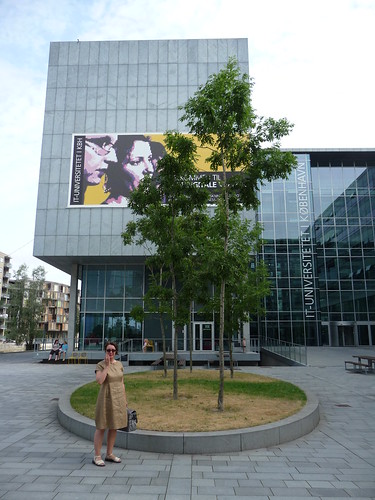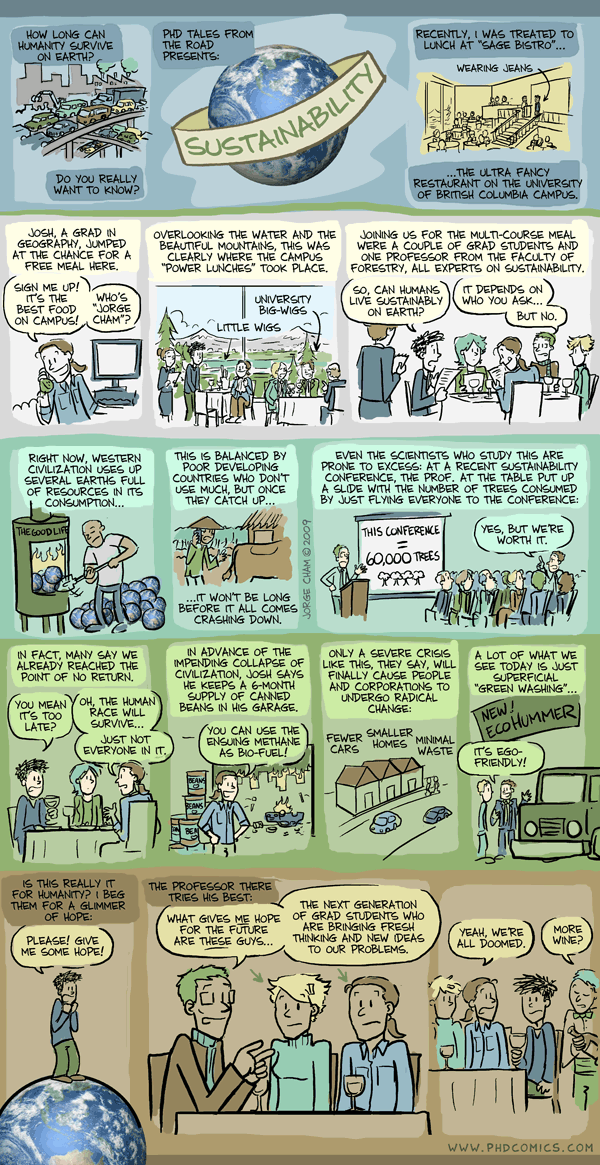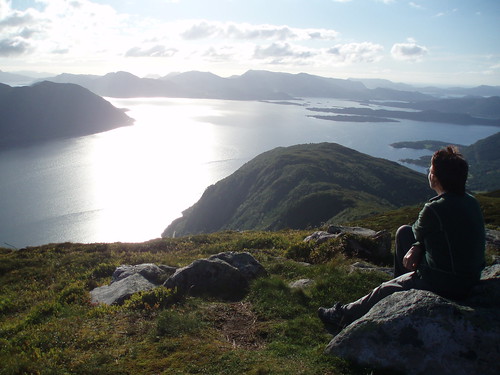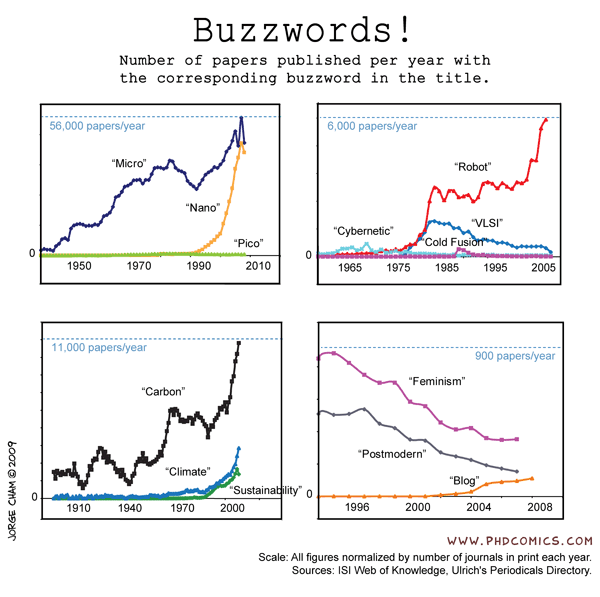Accidentally, as I was following up on other topics, I found that there is a wonderful drama playing out in the Norwegian blogosphere, complete with a
sobbing bride, nasty,
greybearded men and a handsome football-player. OK, the football-player has very little to do with it, but he's a very good-looking accessory.
So, what happened here?
A young and beautiful woman works part-time as a journalist in an online paper, and is fashion editor and co-owner of an online magasine. At the same time she is making money on her fashion/lifestyle weblog:
Fotballfrue - football wife (yeah, that's where the handsome man comes in).
So, somebody reads that she has income from a lot of different sources, and they question her ethics (and they do it while she is on a honeymoon, how rude!) in an article about fashion weblogs.
There are a lot of bloggers who have very high hit numbers, and use this commercially. Fashion blogging is "in" at the moment, and so the companies pay the young and the beautiful to let others know what they wear and use. The principle is nothing new, it's pretty much the same as sponsoring skaters while they were the "cool", or athletes, for that matter. Ohh, again, almost a reference to the handsome husband who never really enters the story!
Anyway: Some fashion bloggers do it to make money, some do it to create a name for themselves, to build their street cred. However, being a good fashion blogger takes a lot of money, in order to keep up their fresh front they need to be seen in the most interesting, newes and fanciest outfits available - and what is better than getting paid to do this, alternatively getting the products directly and free from the producers?
So far so good. But what if you are trying to build not just street cred, but actually become a journalist and an editor of a magasine? What should the smart fashion blogger do? Oh, and by the way, "journalist" isn't a title you get by getting an education and a license, like "medical doctor" or "lawyer," it's something you become if you practice journalism. So if you don't practice journalism, you are not a journalist, no matter how much education you have.
The whole issue with the football wife isn't really that she writes on order for companies. The issue is that she at the same time calls herself a journalist and an editor. She acts as a marketing officer, without making that obvious in the different posts, while also trying to build the trust and reputation she needs in order to be taken seriously as a journalist. And when she is criticised she claims that blogging isn't journalism, and so she can do what she likes.
She is, in a way, right. On "fotballfrue" she is her own editor, owner and writer. As long as she doesn't harass anybody, she can write what she likes. If her business strategy is to promote objects or trends for whoever pays her (are those fake louboutins, or real?) then she can do that to her heart's content on her blog. She will gain a lot of treet cred among other fashion bloggers, and probably among her followers as well. And she is right, her blog isn't journalism.
Does that mean blogging isn't journalism? No, because if she wrote according to the standards of journalism, her blog would be journalism. Again, journalism is a practice, not a license or a stamp put on only some organisations.
Back to the drama.
The pretty young lady is a part-time stand-in for
Side2.no. So she is, at best, part-time freelancing as a journalist. It's not really anybody's business how she spends her time when she's not working for them, and Side2.no can stop using her when ever they like.
And that's what really should come out of this story: she doesn't have a job, she has a pretty face, a fashion blog, and ambitions to become an editor. In a case like that, what is the smart strategy?
I find myself firmly on the side of the grey-bearded evil, which isn't so odd, since I am turning pretty grey as well. She should clean up her blogging act, and stop selling her opinions to the highest bidder. People who write commercials for pay are not welcome in the journalism union in Norway, and when journalists change jobs and go into marketing, they need to swap unions. It's how it goes. If she wants to go that way, she needs to adjust to the standards, or she will have no journalistic credibility.
However... she might not want or need it. She's young, she's pretty, and people are paying her to wear beautiful clothes. Why should she worry about journalism? But then I'd recommend that she removes the "journalist" title from her webpage. If you don't practice journalism, you aren't a journalist. If you claim you are, you will be criticised. I am sorry, really, and it's horrible that people are letting you know this while you're on your honey-moon, but that's how it is.
Oh, and have a wonderful time. Your life looks like a slice of marketing heaven.
----
Corrected due to Undre's comment, thanks.
